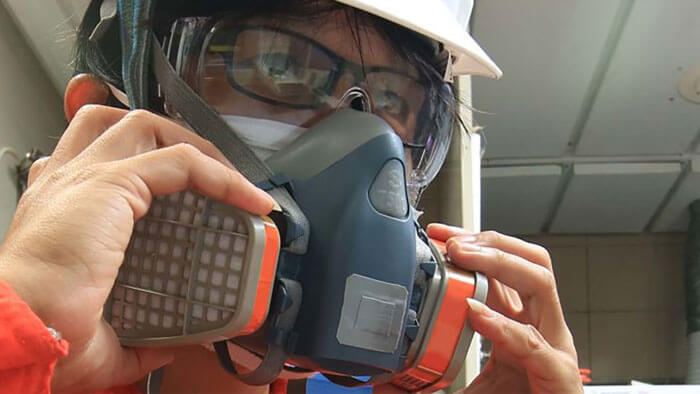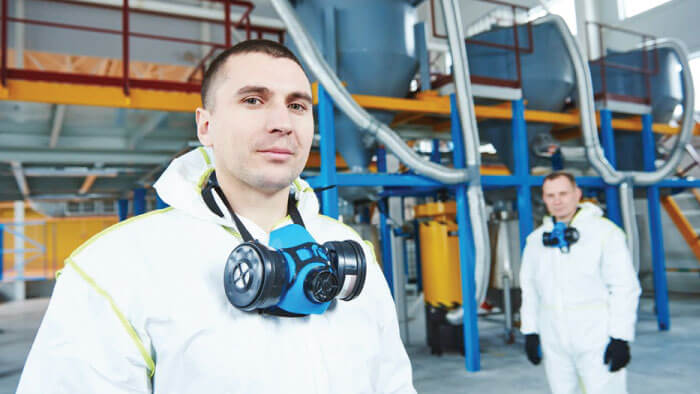As you ponder the rhetorical nature of the headline here, I would trust your conclusion is that in fact yes, breathing is very important. A funny thing about breathing is once you start, you just cannot seem to stop. It is estimated that the average person may take between 15,000 and 20,000 breaths every day! Humans have adapted very well to breathing the air, literally right in front of our faces. Since the invention of work, workers have been exposed to airborne contaminants. With industrialization and globalization, we continue to discover and create substances that have the potential to cause workers and people in general, great harm.

There are some naturally-occurring airborne contaminants to be concerned with, as well as manufactured chemical or biological agents. Examples of naturally occurring substances would be Silica and Asbestos (solid particulates that can affect the lung and body tissue, usually not immediately), and Methane and Hydrogen Sulfide (gases that can have a health effect on a person almost immediately.) Examples of manufactured chemical or biological agents are found everywhere, in almost any workplace.
A workplace would be doing very well to make sure that everyone involved is informed of the hazardous substances they may be working with and how to protect themselves, including appropriate and adequate Respiratory Protection. This may include such elements as simple as training or workers and as complicated as workplace airborne contaminant/air quality assessments.
In Ontario, and Canada abroad, we are not on our own when it comes to determining which type of Respiratory Protection will be sufficient to protect workers. This type of PPE ranges from the very basic dust mask (commonly referred to as an N95 mask), to Half-face and Full-face elastomeric masks, all the way up to pressurized HAZMAT suits with the breathing air being supplied by an external device. There are many resources to help us figure out what level of Respiratory Protection our workers need for any circumstance. Below are some links to some websites and organizations which may assist you when trying to manage Respiratory Protection concerns. As always, if you need assistance with the Respiratory Protection part of your Safety Program, our experienced and well-versed consultants are here to help ensure you get it right.
Helpful Links:
Ministry of Labour (MOL, Ontario)
https://www.labour.gov.on.ca/english/hs/index.php
Canadian Centre for Occupational Health and Safety (CCOHS, Federal)
National Institute for Occupational Health and Safety (NIOSH, U.S. Federal)
https://www.cdc.gov/niosh/npg/default.html
Michael Miller | Safety Trainer

